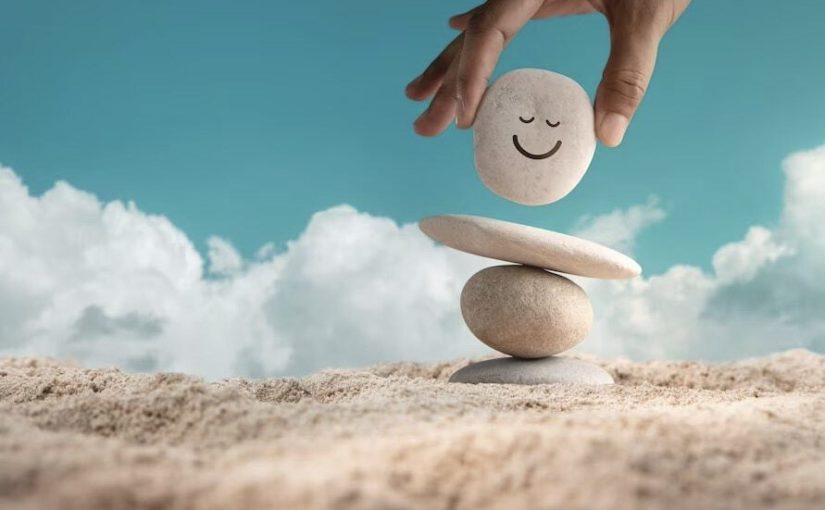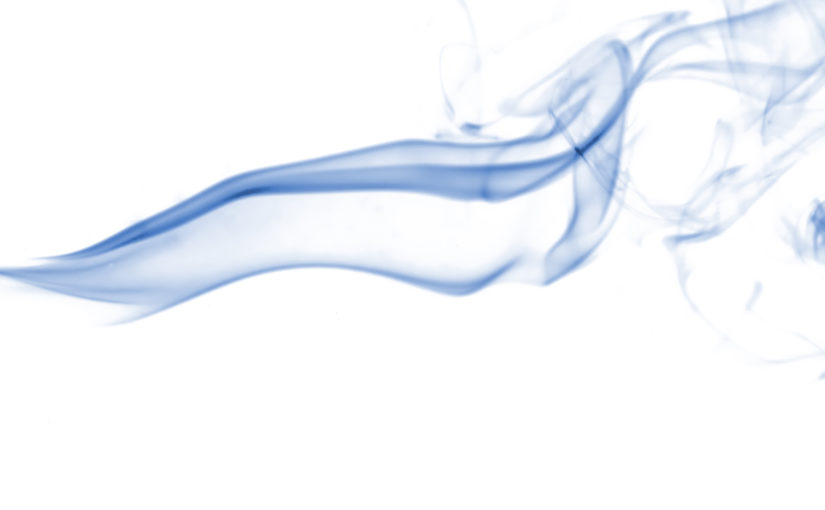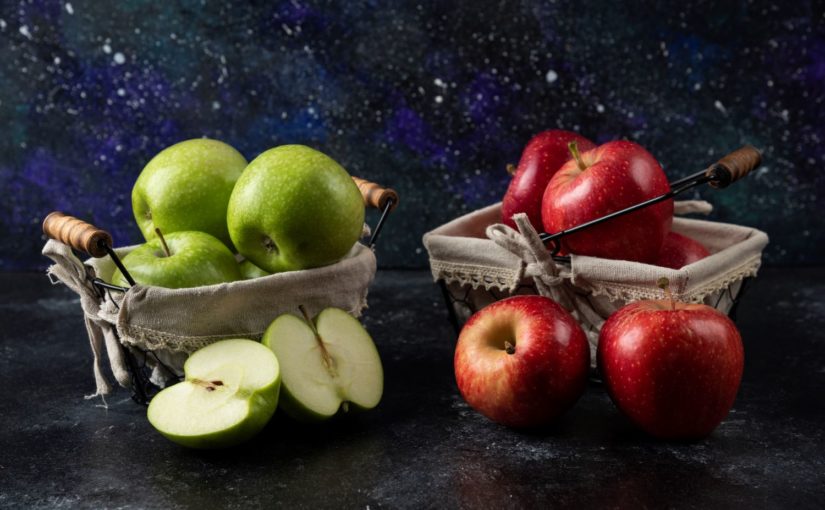The weekly quote in my diary this week comes from Dante Alighieri: „Where the way is hardest, there go thou; Follow your own path and let people talk.“
It sounds so simple, but in my opinion it harbours many challenges.
The two challenges that I can recognise are
1. I agree to the quote in some esteem, as the other alternative is to get lost of your self. As then, you are simply not thinking about what is right, simply not forming your own opinion and disagree to the „stronger“ may make life easier. Through this behaviour, you can let your own life „ripple along“. It is then comparable to a stream that flows quietly but receives little attention. Walking your own path means giving it some thought, even bumping into things and perhaps feeling how others put their heads together when you walk past, and feeling sceptical glances. On the other hand, your own life is turbulent and more like a white-water river with bends and some unforeseen currents. Others will try to divert the river or slow it down, but the current is too strong.
2. Following your own path without considering the opinions and perhaps feelings of others. No matter how difficult the situation is, it can also make you lonely. It can also lead to self-centredness, as you only pursue yourself and your goal and turn people against you. It can also happen that you pursue your goal so much that you overlook the beauty around you or can no longer recognise the helping hands. Metaphorically speaking, the behaviour could resemble a raging waterfall. It is hardly possible for other larger life to survive in the falling water. The water rushes down indefinitely and has such a strong force that it could shatter boats on impact.
Ultimately, I think it comes down to a happy medium. We are all social beings. Finding your own path and following it, especially in difficult times, staying true to yourself is certainly important in order to be able to look yourself in the mirror day after day and also to be able to develop and grow. But walking this path in a mindful, non-judgemental and open attitude helps us to remain considerate. In this way, we can continue to see other needs without submitting or surrendering to them. In this way, we remain true to our values and will find a solution together with the people around us.
To stay with the image of the river, it is as if rivers flow together and then separate again. Every river has its own riverbed, but occasionally they cross.
I would modify the saying and add:
„Where the way is hardest, there go thou; go your own way meanwhile listen to people, when they talk about you. Reflect on what you have heard and adapt your chosen path, if it makes sense to you, without completely abandoning or giving up on your path.“









